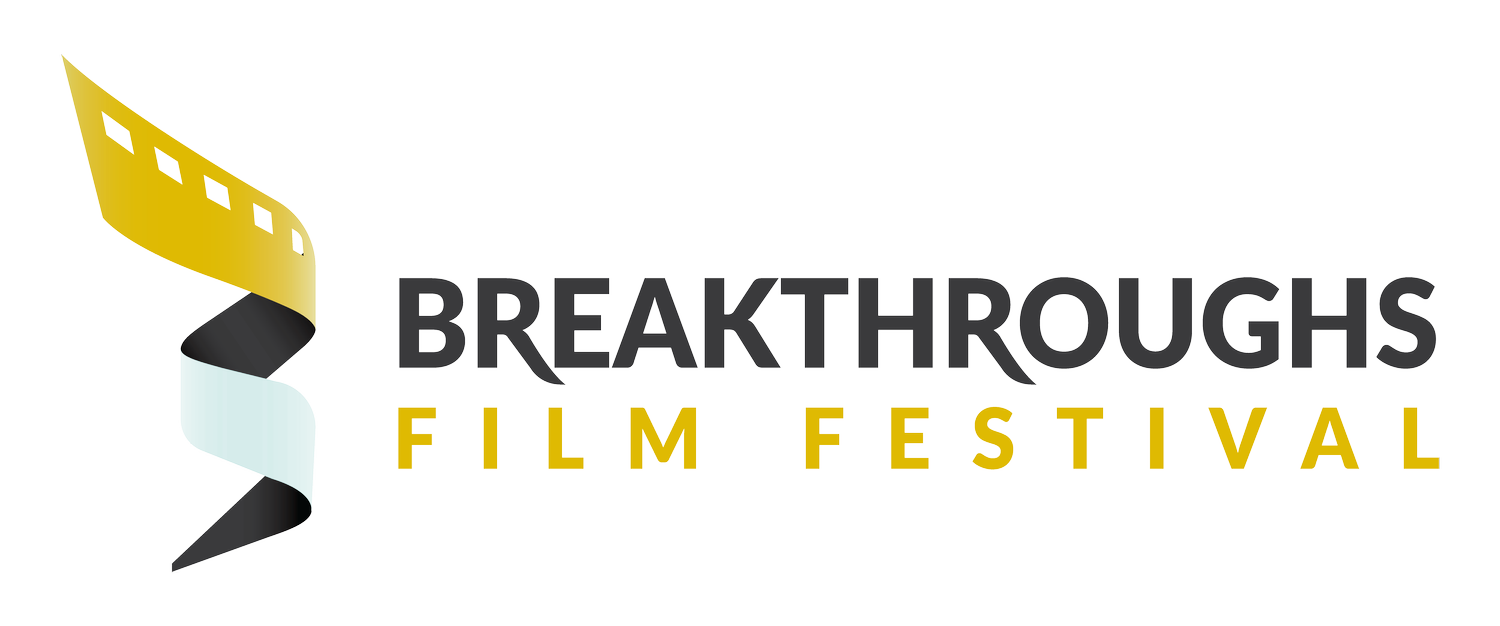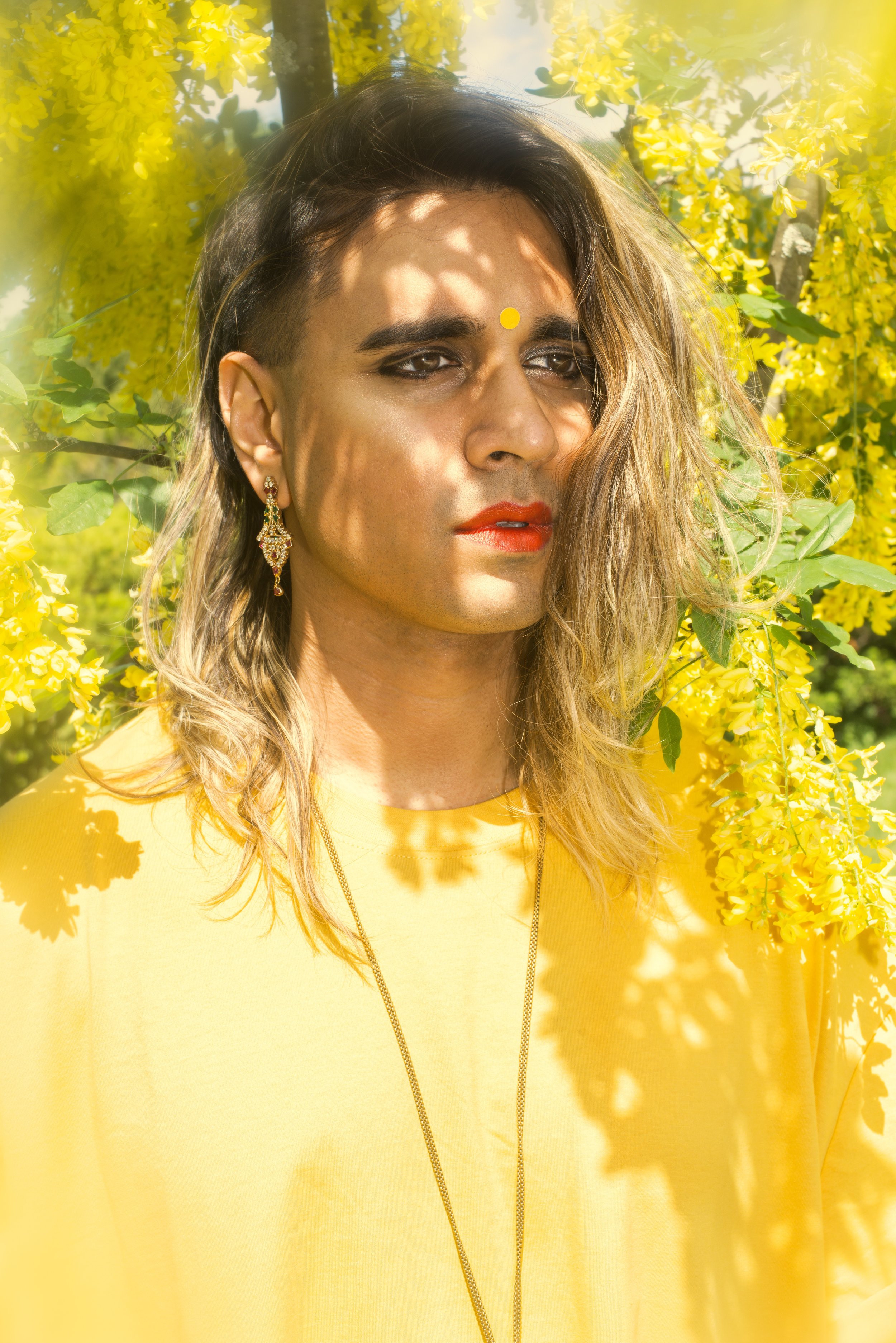I was introduced to Vivek Shraya’s work at my local library, the nerd-chic librarian gushing so hard over the trans artist’s work and style that I felt compelled to check her out. I picked up her latest novel, She Of The Mountains, idly wondering if it would live up to the hype. I had been going through a ‘break’ with my partner of almost three years and had been pleading with the heavens for some guidance, or a sign of what lay ahead. My salvation came in the form of Shraya’s alt-lit hybrid narrative, which gave me more than guidance, it gave me hope and reflection on the path that love winds around our collective hearts. After carousing her website, I found that not only is she an accomplished, four-time Lambda literary award finalist, she is also a powerful filmmaker —one that is heralded as ‘honest’ and ‘courageous’ by CBC Arts. Creating intimate short narratives on everything from suicide, identity politics and her relationship with her mother, Shraya’s films resonate a stark oneness with all that is, drawing you in with a minimalistic informality that seems unique to her work.
Needless to say, I became smitten. When you meet Shraya, she has this humble and calm presence — perhaps of someone who has ridden the wave of personal and political identity only to come to an expansive understanding that who we are is always changing. She radiates beauty in a way that is rarely seen.
I’m honoured to present to you, five questions with the prolific and powerful multi-talented human being who is (as we speak) burgeoning on true greatness.
1. How did you come to film as an art-form? I’d love to hear the process behind it, and the motivation.
My artistic exploration started with music but after seven years of not being able to advance my music career, I felt heartbroken and needed to take a break from the medium. I still had the desire to be creative and so I turned to prose. Eventually, I self-published my first book, God Loves Hair, and it was this project that made me re-imagine myself as not just a musician but potentially as an artist. I was excited to think about what else I might want to say that I couldn't say in music, and what mediums might allow me to make these statements. Shortly after the release of God Loves Hair, I turned to film and made Seeking Single White Male.
2. Your work is always intensely personal. Do you or have you ever had reservations about putting yourself out there so honestly?
My reservations are less tied to the honesty of my work and more related to my concerns about how the work might be (or not be) received, critiqued and misinterpreted. I feel committed to following an idea to completion, regardless of any reservation, not only as a form of catharsis and larger agenda of awareness or representation, but also because I believe ideas are gifts.
3. Where do you come up with the ideas for films?
With any project, I tend to focus less on the medium and more on the idea itself, trying to determine what medium will best serve the intention and realization of an idea. With my newest short film, I want to kill myself, I had thought the project would be a photo essay, because I felt that text and photo would best facilitate the dissemination of the message. But scrolling through the photos, I began saying some of the text aloud, and seeing this play out on my laptop, I thought no, this is a short film.
4. Why the short genre? Any plans to make a feature?
Not unlike poetry (as compared to a novel), with a short there is so much more room to explore beyond convention or beyond a linear narrative. I also have a short attention span, so the short allows me to stay engaged and feel somewhat confident that the audience will be as well.
I would love to make a feature but I don't yet have a compelling enough idea. Finances are also a big consideration in regards to what I am able to produce, especially given that I have had to self fund all of my shorts.
5. Do you feel that your art and public persona has allowed you to fully explore your identity in a way that you may not have done otherwise?
Art has definitely been a vehicle not only for exploration, but for restoration and connection. As much as being an artist, especially a racialized, trans and queer artist, is challenging, I recognize it’s a privilege to be an artist and I genuinely love my job.
A four-time Lambda Literary Award finalist, Vivek Shraya is a Toronto-based artist whose body of work includes several albums, films, and books. Her first book of poetry, ‘even this page is white’, won a 2017 Publisher Triangle Award and was longlisted for CBC’s Canada Reads. Her debut novel, ‘She of the Mountain’s, was named one of The Globe and Mail’s Best Books, and her first children’s picture book, ‘The Boy & the Bindi’, was featured on the National Post Bestseller List. She is one half of the music duo Too Attached and the founder of the publishing imprint VS. Books.
You can view Vivek’s short films online at http://www.vivekshraya.com/films


